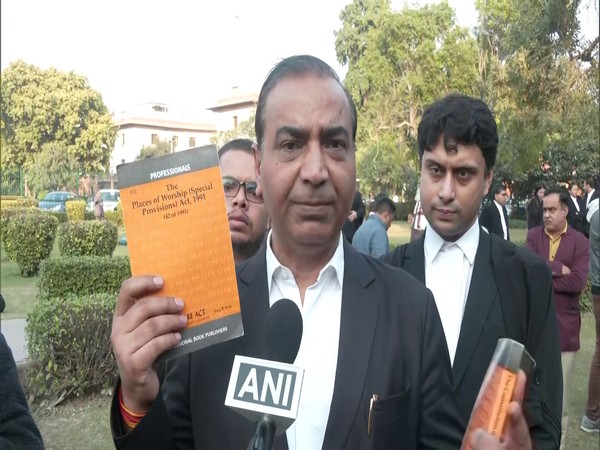Supreme Court Restrains Orders on Religious Structures amid Constitutional Challenge
Ashwini Upadhyay challenges the Places of Worship Act for blocking court access without alternatives. The Supreme Court paused new suits and surveys on religious buildings, awaiting government responses. Upadhyay argues for historical site restorations, pointing to India's broader sovereignty issues.

- Country:
- India
In a crucial development surrounding the contentious Places of Worship (Special Provisions) Act, 1991, petitioner Ashwini Upadhyay has termed the legislation "unconstitutional," citing its attempt to block judicial recourse without offering any legal alternatives. Upadhyay stressed that while the Waqf Act similarly limits court access, it compensates by presenting other forums like the Waqf Tribunal or board.
Upadhyay argued that the Act's provision preventing alteration of a structure's religious character overlooks historical modifications made during the Mughal era. Highlighting the principle of appearances versus inherent character, he drew parallels to religious identity, stressing the need for thorough investigations. The petitioner emphasized India's sovereignty, opposing attempts to halt surveys at 18 sites.
In an interim relief, the Supreme Court has halted all courts across India from issuing orders relating to surveys or new suits on existing religious structures. Amid ongoing petitions questioning the Places of Worship Act, a bench headed by Chief Justice Sanjiv Khanna deferred any legal proceedings, awaiting the central government's affidavit due in four weeks.
(With inputs from agencies.)










